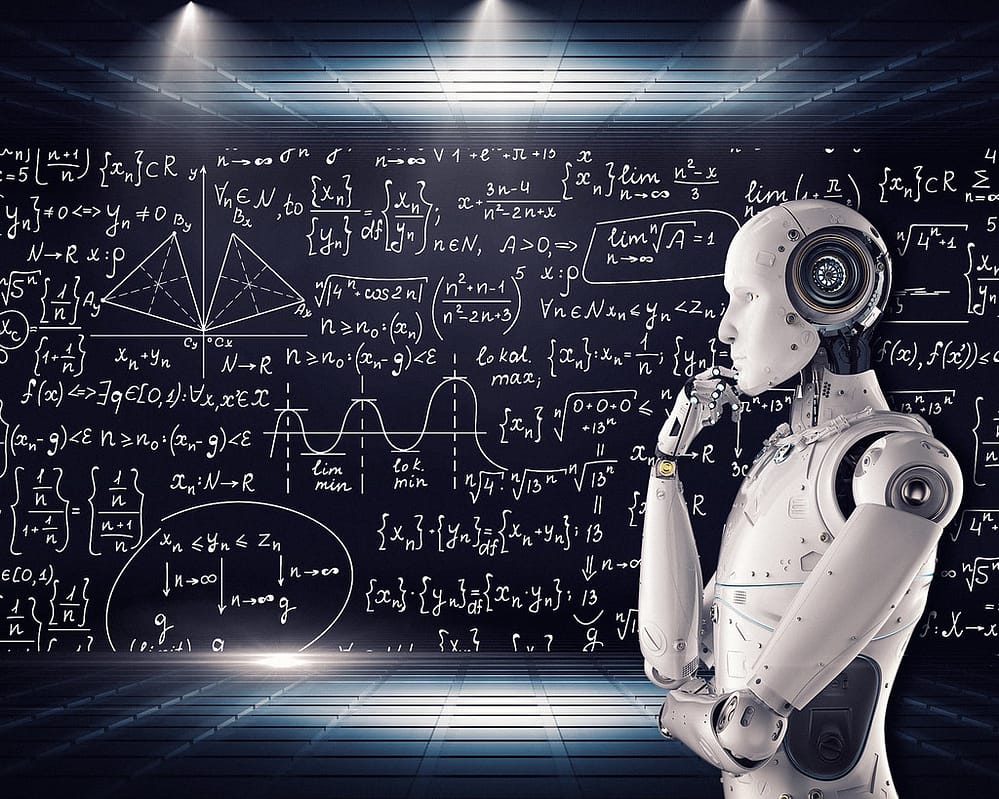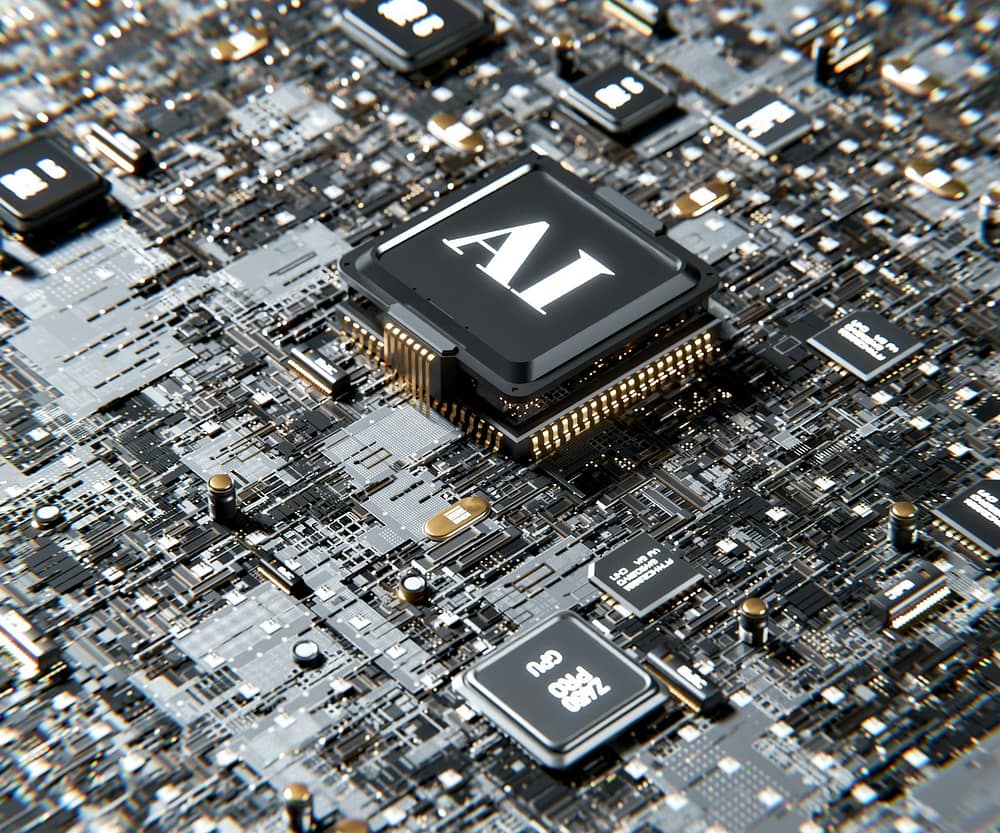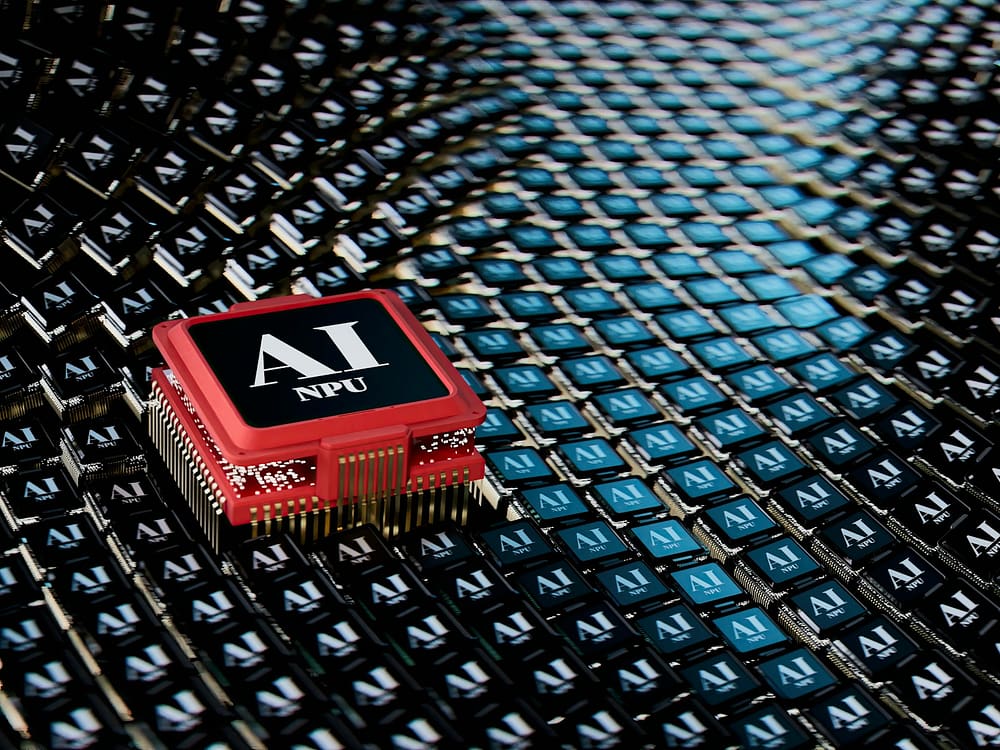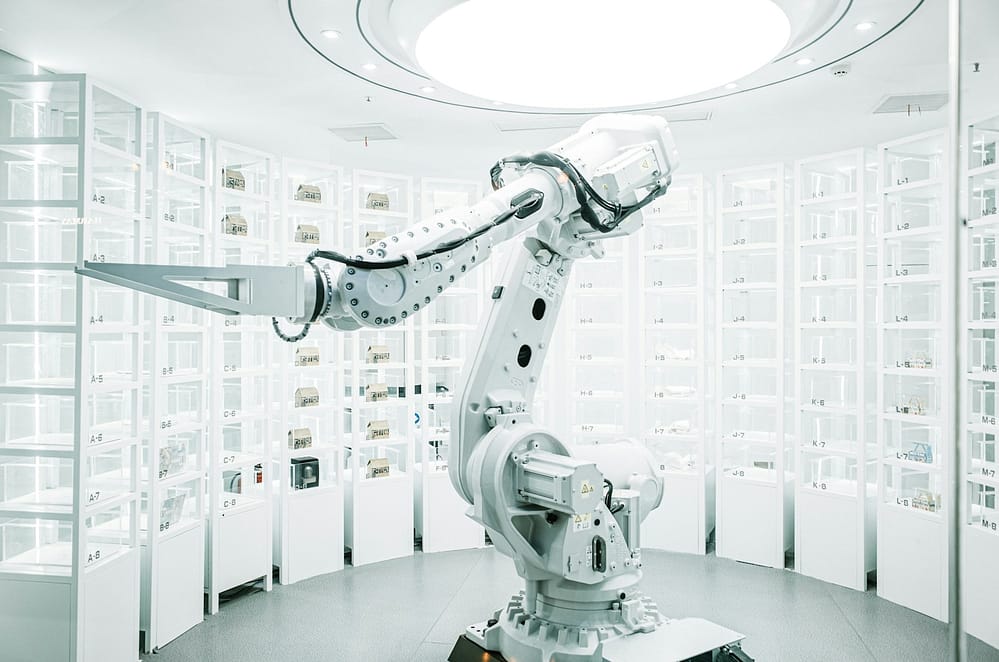What Exactly is AI? A Beginner-Friendly Guide (With Humor & Easy Examples)
Artificial Intelligence, or AI for short, might sound like something only sci-fi movies and billion-dollar labs deal with. But in reality, you probably used AI today without realizing it. If you’ve ever asked Siri for the weather, let Netflix suggest your next binge, or been mildly creeped out by how YouTube knows your mood better than your best friend—yep, that’s AI in action.
When I first started learning about AI, I thought it was all about robots taking over the world (thanks, Hollywood). But the truth is, AI is much less about killer cyborgs and more about making your life easier—sometimes in ways you don’t even notice.
Table of Contents
So, let’s break down what AI actually is (without making your brain hurt).
What is AI Really?
AI is a branch of computer science focused on making machines do things that normally require human intelligence: problem-solving, understanding language, recognizing patterns, making decisions—you name it.
Think of it this way: if your phone in 2005 was just a fancy flashlight, AI is the magic that now lets it recognize your face, recommend songs, track your steps (sometimes too honestly), and even predict when you’re about to binge-watch instead of sleep.
AI isn’t one single “thing.” It’s a collection of technologies working behind the scenes. Sometimes it’s obvious—like a chatbot answering your questions on a website. Other times it’s invisible, like the algorithm deciding which posts you see first on Instagram.
Want to learn how AI fits into building websites? Check out our beginner’s guide to creating a website.
Narrow AI vs. General AI
AI comes in two main flavors:
- Narrow AI – This AI is excellent at doing one thing very well. Think Spotify knowing your music taste, chatbots answering customer service questions, or Grammarly fixing your embarrassing typos. They stick to their lane and crush it.
- General AI – The dream (or nightmare, depending on your favorite sci-fi movie). This AI could do anything humans do—solve problems, cook dinner, maybe even tell better jokes than me. Spoiler: we’re not there yet.
A fun way to remember: Narrow AI is that one friend who knows every football stat ever. General AI would be the friend who also cooks, drives you around, writes your CV, and still beats you at video games.
For a technical overview, check Wikipedia on AI types.
Machine Learning and Deep Learning
Machine learning is basically teaching computers with examples, instead of coding every step.
Imagine you want a computer to recognize cats. You don’t tell it: “Cats have pointy ears, whiskers, and look unimpressed.” Instead, you feed it thousands of cat pictures, and the algorithm figures out patterns on its own. That’s machine learning.
Deep learning takes it further. It uses “neural networks” inspired by the human brain. Each layer processes a piece of the puzzle until—bam!—your phone can recognize faces, your email can filter spam, and Netflix knows you’re due for a rom-com marathon.
For a beginner-friendly step-by-step, check out How to Build AI.
How AI Shows Up in Everyday Life
AI isn’t just in labs—it’s everywhere, quietly shaping our routines:
- Healthcare: Imagine AI spotting diseases before doctors do. Tools like IBM Watson Health help doctors diagnose illnesses with incredible accuracy.
- Finance: Fraud detection so fast it flags your missing credit card before you realize it’s gone.
- Education: Personalized learning apps that feel like a tutor who actually gets you. AI can even grade assignments, giving teachers more time to focus on teaching.
- Manufacturing: Robots that never complain about overtime or Mondays.
- Environment: Smart grids and AI-powered farming save energy and increase crop yield.
- Entertainment: From Netflix suggestions to TikTok’s “For You” page, AI keeps you hooked (sometimes too hooked).
- Transportation: Self-driving cars analyze road conditions in real-time, making travel safer.
If you’re looking at AI for your online business, see our post on 12 ways to make money from your website.
A Quick Look Back: The History of AI
AI didn’t appear overnight. Back in the 1950s, Alan Turing famously asked, “Can machines think?” That question sparked a revolution.
The term Artificial Intelligence was first coined in 1956 at a Dartmouth College conference. Researchers boldly declared, “We can make machines intelligent!” Spoiler: it wasn’t that easy.
AI had its ups and downs—“AI winters” happened when hype exceeded reality, and funding dried up. But breakthroughs in computing and data brought AI roaring back.
By the 1980s, machine learning took off. By the 2010s, deep learning revolutionized the field. Today, AI is mainstream—living in your pocket, your car, and yes, even your fridge (yes, smart fridges are a thing).
AI in Different Sectors
Healthcare
AI algorithms analyze X-rays faster than radiologists, predict outbreaks, and personalize treatment plans.
Industry & Manufacturing
Factories now have AI-driven robots handling repetitive tasks. Predictive maintenance prevents costly equipment failures.
Education
AI tutors personalize learning for each student. Apps like Duolingo adapt lessons based on your progress.
Environment
AI monitors climate change, predicts natural disasters, and optimizes energy use. Precision farming grows more food with fewer resources.
Entertainment & Media
Netflix, Spotify, AI-generated art and music—AI is shaping creativity and keeping you entertained.
Small Businesses & Marketing
AI helps small businesses with social media, customer service, and content creation. Your AI “assistant” never sleeps.
Check out how to advertise your website step-by-step.
Cool (and Weird) AI Tools You Can Try Today
- ChatGPT – Helps with writing emails, essays, or poems.
- DALL·E / MidJourney – Generate images from text prompts. Want a cat riding a unicorn? Done.
- Replika – Your AI chatbot friend for lonely evenings.
- AI Music Tools – Compose original tunes even if you can’t carry a tune in a bucket.
Fun fact: You can literally ask AI to write your apology letter for eating the last cookie.
AI in Pop Culture vs Reality
Movies make AI look heroic or apocalyptic: Terminator, Her, Ex Machina.
Reality check: Most AI is narrow, data-driven, and far from plotting world domination. Your fridge is not sending secret messages… yet.
Common Myths About AI
- “AI will steal all our jobs.” Reality: AI replaces some repetitive jobs but creates new ones we can’t even imagine yet.
- “AI is smarter than humans.” Nope. AI is only as smart as the data it’s trained on.
- “AI is dangerous right now.” Unless you count TikTok eating your weekend, AI is pretty safe. Real risks come from misuse.
- “Robots will rule the world.” Narrow AI is good at tasks, not world domination (yet).
Benefits & Risks of AI
Benefits:
- Saves lives in healthcare
- Improves business efficiency
- Personalizes education
- Reduces environmental impact
Risks:
- Privacy concerns
- Job disruption in certain industries
- Bias in AI decision-making
For more on AI ethics, check Forbes – AI Ethics.
Should You Be Scared of AI?
Fear exists because people imagine general AI running amok. Reality: Most AI today is narrow and task-specific.
Personal anecdote: I worried about robots taking over my kitchen… then realized my toaster still burns toast.
The Future of AI
By 2030, AI could be in almost every device:
- Smart homes predicting your needs
- Transportation with safer roads and self-driving cars
- Healthcare diagnosing and personalizing treatment
- Small businesses using AI to automate tasks
Key takeaway: AI is here to augment humans, not replace them. Learning to work with AI will give you a huge advantage.
Conclusion: Our Future with AI
AI has gone from nerdy research projects to the invisible assistant in your pocket. From spotting diseases to reducing energy waste, it’s shaping the future faster than most of us can keep up with.
The question isn’t whether AI will change our world—it already has. The real question is: will we guide it wisely, or ask Alexa for relationship advice?
Dive deeper into tech in a fun, beginner-friendly way at Voob.com.ng
Hi, I’m Prince Stephen Mordi, the mind behind Voob.com.ng. I write simple, beginner-friendly guides on tech, blogging, and making money online. My goal is to help you navigate the internet without headaches—because tech doesn’t have to be complicated!




